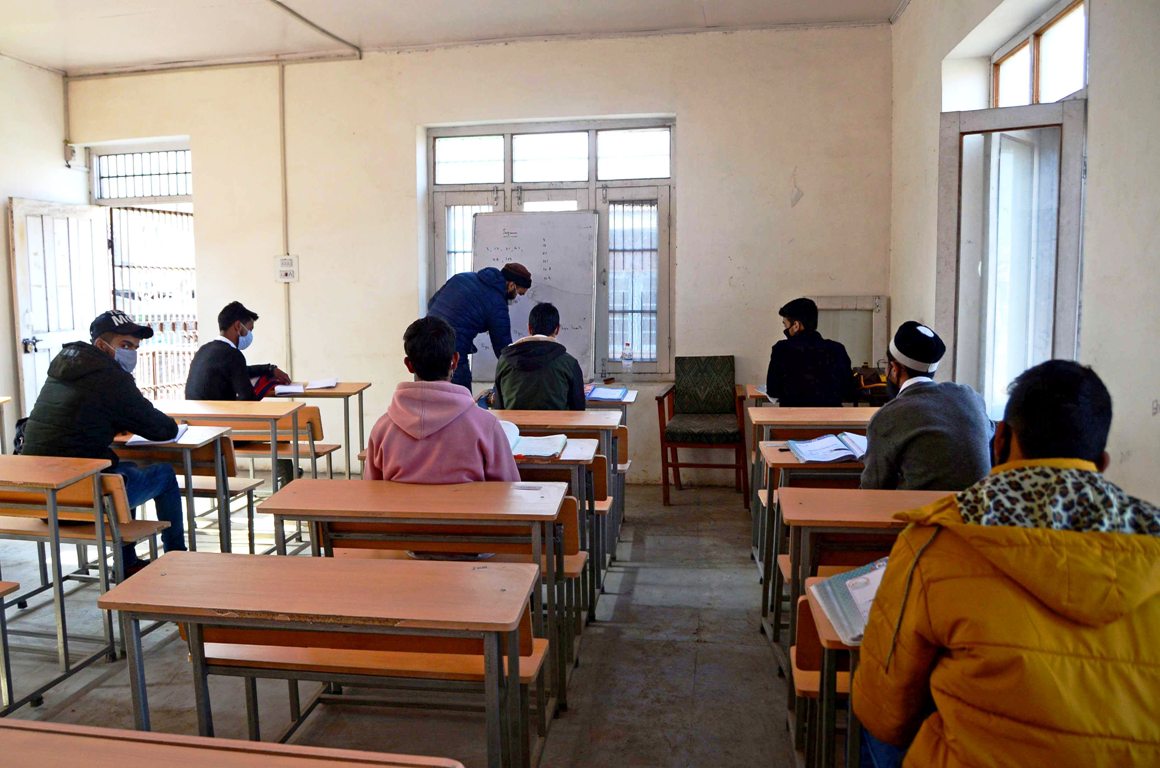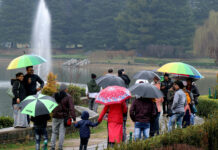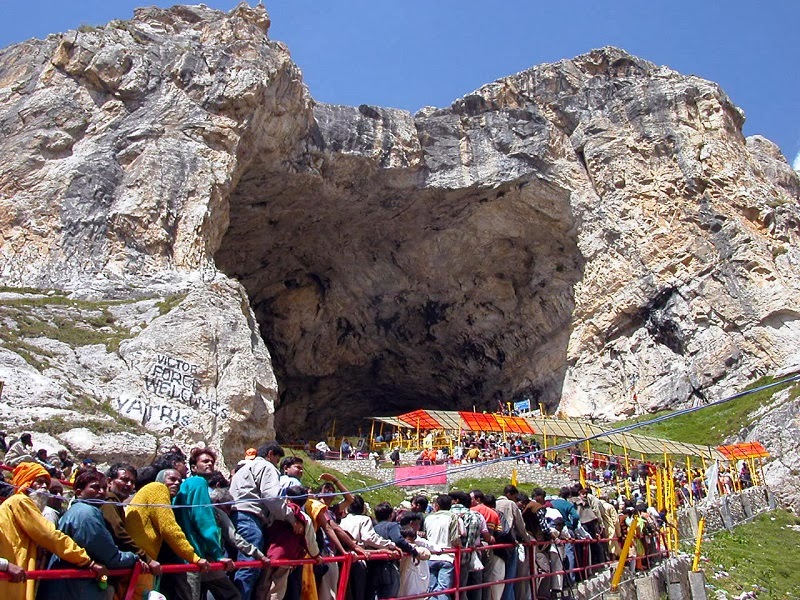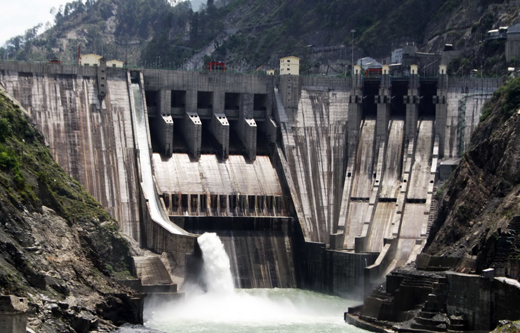Srinagar
Communist lawmaker from Kulgam constituency in southern part of Kashmir, Muhammad Yousuf Tarigami on Thursday said that J&K has always received step-motherly treatment regarding utilisation of its hydropower potential. “The Central Information Commission’s (CIC) refusal to direct disclosure of the status of negotiations about the return of our hydel projects back to us is only the latest indicator of this phenomenon”, he said
“Let alone getting back control over our rivers, we are being told we do not have the right to know what is being discussed between J&K and the Central Governments on this long standing issue”, he said.
Condemning the CIC’s reasoning that no public interest would be served by disclosing details of the negotiations, he called upon the J&K Government to immediately put all correspondence with the Central Government in the public domain as per its statutory obligation of proactive information disclosure under Sections 4(1)(c) and 4(10(d) of the J&K RTI Act.
A few weeks ago in October, the CIC had ruled that NHPC does not have an obligation to disclose details of the discussions for return of the seven hydel projects covered by the MoU signed between the J&K and Central Governments in July, 2000. The NHPC took the plea that disclosure of the correspondence between the Central and State Governments would lead to confusion and speculation among its shareholders. NHPC is a central public sector undertaking granted mini-Ratna status. An earlier RTI intervention in 2016 had revealed that NHPC had earned close to Rs. 200 billion by generating electricity from J&K’s rivers during the last 15 years. J&K contributes nearly 30% of the hydel power generated by NHPC across the country. While J&K is supplied 12% of this power free of charge, it is required to buy almost 20% of the power generated from its rivers at market rates. This kind of economic colonialism is always unacceptable in a democratic set up, especially when right-wing elements across the country are burning the midnight oil to destroy the special status legitimately granted to J&K under the Constitution.
Recalling that the World Bank brokered Indus-Watery Treaty with Pakistan in the 1960s deprived J&K of the opportunity of fully harnessing the close to 15,000 MW hydro power potential, the State is forced to depend on the Central pool for meetings its ever-burgeoning demand despite being a power-surplus State. Frequent and long power outages, especially during peak winter have crippled the State’s economy. Even school going children are not spared by power outages when they have to often study for their exams.
Denouncing the repeated refusal of the Power Ministry under the NDA to return of the Dulhasti and Bursar projects as recommended by the 2006 Task Force on Economic Development of J&K led by Dr. Rangarajan, he asserted that that economic costs of return of the projects can be worked out through a mutually accepted formula, the excuse of lack of local capacity to run these projects in J&K is nothing but a red herring. “How can local capacity be developed unless there is local control over the projects?”, he asked.
He urged the Chief Minister to persuade Government of India (GOI) to honour the Agenda of Alliance which includes plans for exploring ways for transferring hydel projects from NHPC to J&K. This would go a long way in ensuring that J&K becomes self-reliant and less dependent on Central subsidies. Economic development can take place at a rapid pace and people’s control over their natural resources would stand restored.















